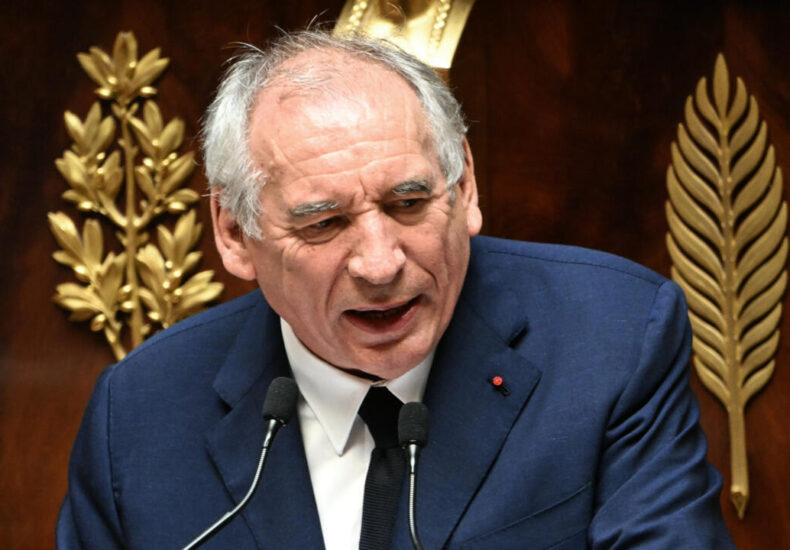
France Plunges into Crisis as Prime Minister Francois Bayrou Resigns
Fundacion Rapala – French Prime Minister Francois Bayrou officially stepped down after losing a no-confidence vote in parliament on Monday (September 8). A total of 364 lawmakers voted against him, while 194 offered support. The threshold to pass the motion was 280, far below the rejection votes cast.
Bayrou’s Final Remarks Before the Vote
Before the crucial session, Bayrou warned lawmakers that they could topple the government but not escape reality. According to him, rising expenditures and unsustainable debt would continue to weigh heavily on France regardless of who held office. His comments highlighted the ongoing fiscal challenges that fueled discontent.
A New Political Crisis in France
Bayrou’s removal marks yet another blow to President Emmanuel Macron’s administration, pushing France deeper into political turmoil amid economic strains and geopolitical uncertainty. The instability has roots in June 2024, when Macron’s party suffered a heavy defeat in parliamentary elections, leaving the legislature fragmented.
Previous Prime Minister Also Fell
Bayrou followed the same fate as his predecessor, Michael Barnier, who resigned just three months after his appointment in September 2024. Barnier too was ousted through a no-confidence vote, revealing the fragile balance of power in parliament.
Failed Reform Proposals
One of Bayrou’s last major moves was to propose an austerity package worth €44 billion (approximately Rp842 trillion). The plan included cutting two national holidays and freezing government spending. However, the measures sparked fierce opposition, further eroding his support base.
Pressure Mounts on President Macron
Following Bayrou’s resignation, he is set to submit his formal resignation letter to President Emmanuel Macron on Tuesday (September 9). Macron is expected to appoint a new prime minister in the coming days. Analysts suggest he may turn to a center-left socialist candidate, though such a figure would still need to compromise with Macron’s liberal bloc.
Macron’s Position Under Scrutiny
Despite mounting pressure from opposition parties, including calls for an early presidential election, Macron has insisted he will serve out his term until 2027. Yet experts warn that Macron “cannot afford a third defeat in parliament”, according to Green Party leader Marine Tondelier.
Political Stalemate in Parliament
Since the 2024 snap elections, France’s parliament has been split with no clear majority. Macron’s centrist alliance has weakened steadily since 2022, while the far-right National Party has surged to become the largest force. This fragmented structure makes passing legislation or budgets nearly impossible for any prime minister.
The Road Ahead for France
The fall of two prime ministers in less than a year reflects a deep political deadlock. Macron faces limited options as he seeks to stabilize his government. Whoever he appoints will inherit daunting challenges: restoring investor confidence, managing rising debt, and navigating a polarized parliament.